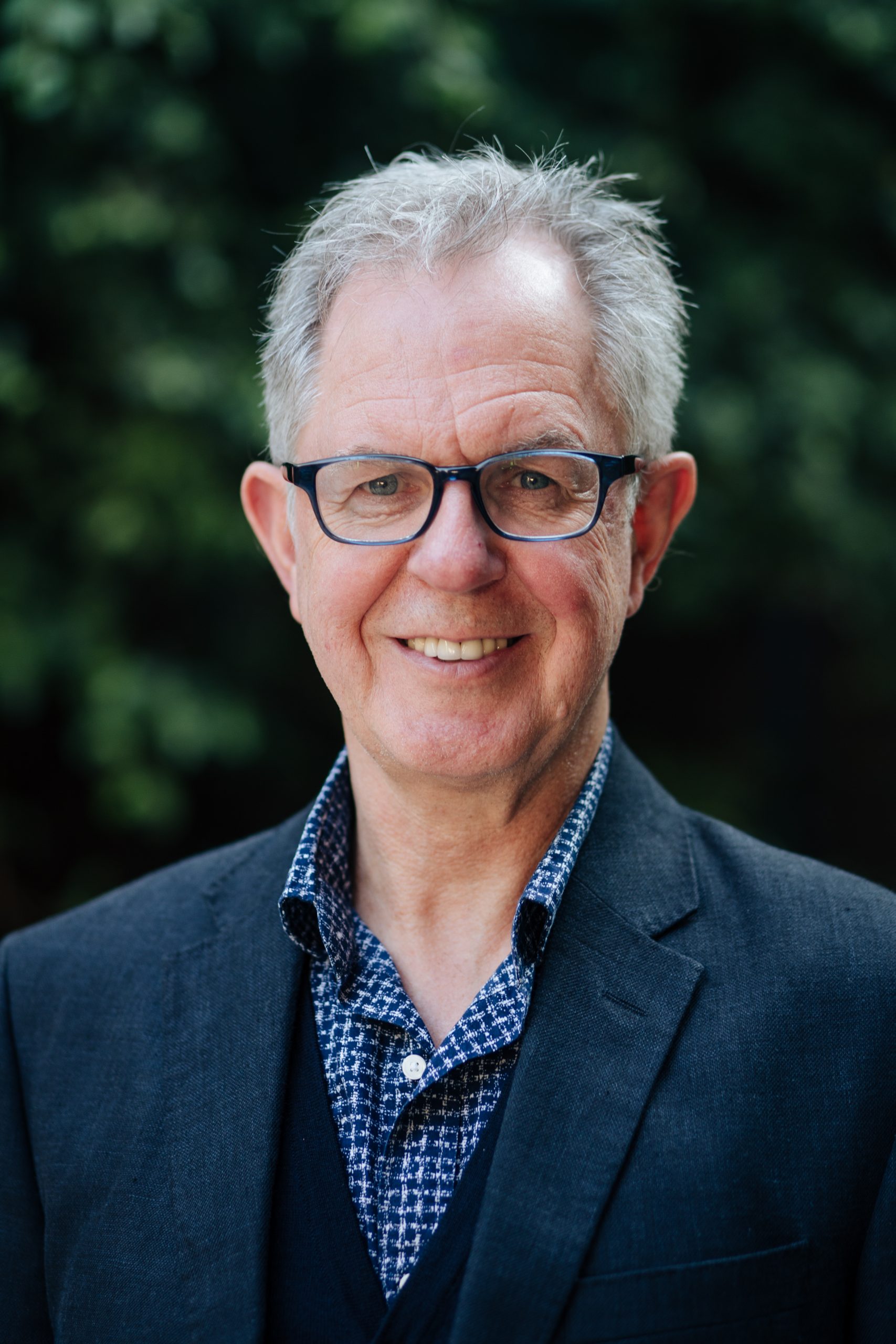by Ana Moreno Salvo

Andy Hargreaves is a visiting professor at the University of Ottawa, Canada, and a research professor at Boston College, USA. He is an elected member of the US National Academy of Education and co-founder and president of the ARC Education Collaboratory. He has published more than 30 books and has won eight Outstanding Writing Awards. He has received awards for his services to public education and educational research in Canada, the United States and the United Kingdom. Two of his most recent publications are: “Well-Being in Schools: Three Forces That Will Uplift Your Students in a Volatile World”, published by ASCD, and “Leadership from the Middle: The Beating Heart of Educational Transformation”, published by (2023, Routledge).
At Impuls Educació we are interested in international educational research, and we try to establish connections with experts from all over the world. With Andy Hargreaves we talked about the importance of well-being and how to address it and train schoolteachers for it. You can find the full interview in issue 5 of Diàlegs magazine: “Teacher training”.
Interview with Andy Hargreaves
What do you think the priority objectives of today’s education systems should be?
Well-being is always a priority. Since schools began, we have focused not only on academic success but also on the development of the person.
Our health is even more important than our success as human beings

This is what we want to emphasise today: to make children feel safe, to make them feel that they belong and can participate, so they feel that going to school has purpose and value for them. Once you get to that point, you must go beyond thinking about well-being as security; you also have to think about how learning can help well-being. When learning is purposeful, engaging and collaborative, it also makes you feel good. Well-being is important for learning and learning is important for well-being.

Well-being is important for learning and learning is important for well-being
What is the relationship between well-being and life satisfaction? Should performance be prioritised over student well-being, or the opposite? What solutions do you propose?
The Netherlands and Ireland, seem to be able to help their children succeed and be physically, mentally and emotionally healthy. These are somehow a feature of both society and schools. Sometimes they go together, but often they don’t. One thing we do know, for example, is that the more inequality there is in a society, the worse people feel.
We also know that there are countries with strong performance but low well-being. Many but not all of them are in Asia or East Asia. For them, being successful does not always mean being happy. Some say that these well-being measures are culturally biased. England is in the group of countries that are doing well in performance but poorly in well-being. Why? The main answer is that you have this incredibly competitive approach to testing, as well as testing in all schools.
The more inequality there is in a society, the worse people feel

How would you define educating for a person’s “well-being”? What aspects of it should be addressed by schools?
Starting in the 1980s, psychologists in the United States began to develop a new line of work called positive psychology, which really addresses the fact that we don’t have to wait for society to change for individuals to improve, no matter what is happening in society. We can help improve people’s lives by how they cope with their own lives. Through positive psychology, we can train them to be more optimistic and have a growth mindset to self-regulate their behaviour when they get out of control.
Social and emotional learning is useful, but it is not the only answer. Social and emotional learning has nothing to do with physical well-being. Everyone prefers the solution of kids fixing themselves with a little help, rather than fixing schools and fixing society so that they are better places for people to live.
If we want to move towards universal well-being, what is the main role of the teacher and what is the most important aspect of their training?
The most important thing for universal well-being is for all teachers to consider the well-being of their students one of their priorities. The second depends on relationships. Attention should be paid to three types of relationships: 1) Children’s relationships with each other and how they are constructed through the learning process. 2) They must also learn how to maintain relationships with the teacher, with adults in the school and community relationships. 3) We should start by getting rid of the bad stuff. Think of your assessments in a way that doesn’t rank students or punish them if they do poorly, that doesn’t embarrass them. Still, it’s better to give them feedback so that they can improve and build confidence over time.









